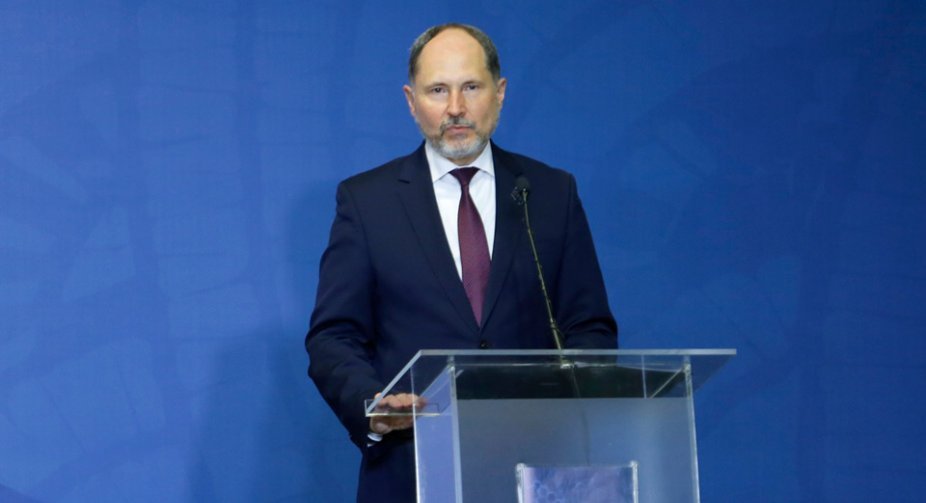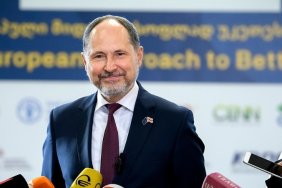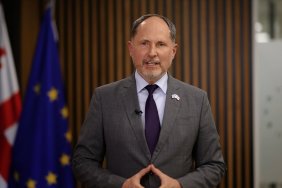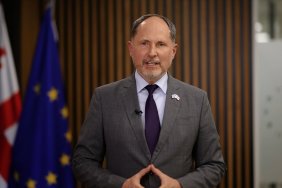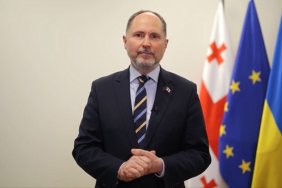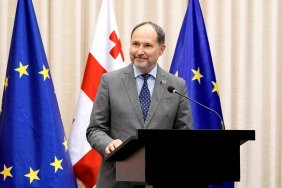Ambassador of the European Union to Georgia, Pawel Herczynski, has urged Georgia's political leaders to take a serious approach to the European Union's conditions for opening accession talks with the bloc, emphasizing that “countries committed to genuine reforms will progress more rapidly than those merely making superficial changes”.
Herczynski made the remarks during a parliamentary conference in Georgia on Monday, which included discussions on European integration issues with Western Balkan countries. He highlighted that Georgia can draw lessons, both positive and negative, from the experiences of Balkan nations.
Participants at the conference included representatives from the European integration committees of Albania, Bosnia and Herzegovina, Montenegro, Serbia, and North Macedonia.
The diplomat noted that the Western Balkans had been engaged in the EU enlargement process since Montenegro's application for membership in 2008. He observed a “significantly altered” geopolitical landscape, with the EU's doors “more open than ever before” and stressed “it's now up to each country to capitalize on this opportunity”.
Comparing Georgia to Western Balkan countries, the ambassador highlighted several advantages, which included that Georgia had already initiated legal alignment with the EU through the Association Agreement and the Free Trade Agreement upon submitting its application.
He also said Georgia boasted a strong public administration, an area where many Balkan countries were still developing, and that Tbilisi demonstrated “strong public support” for EU integration.
Regarding Georgia specifically, Herczynski emphasized an important role of Parliament in achieving last year's 12 priorities for obtaining the EU candidacy and the current nine steps outlined by the EU for opening accession talks. He pointed to the November report from the EU, which provided steps for Georgia to harmonize with EU legal frameworks.The official stressed the importance of collaborative efforts involving Parliament, government, opposition, and civil society to implement EU recommendations. He asserted that the majority of guidance for Georgia's future “lies within this report”.
He acknowledged that the process would demand time and resources, emphasizing the benefits of early adoption of EU standards and highlighted that adhering to EU rules and integrating into the single market “fosters stability, attracting investment and enhancing standards in the country”.
The diplomat urged all political factions to set aside differences and unite in implementing reforms, noting that political discord has historically impeded the accession process.
